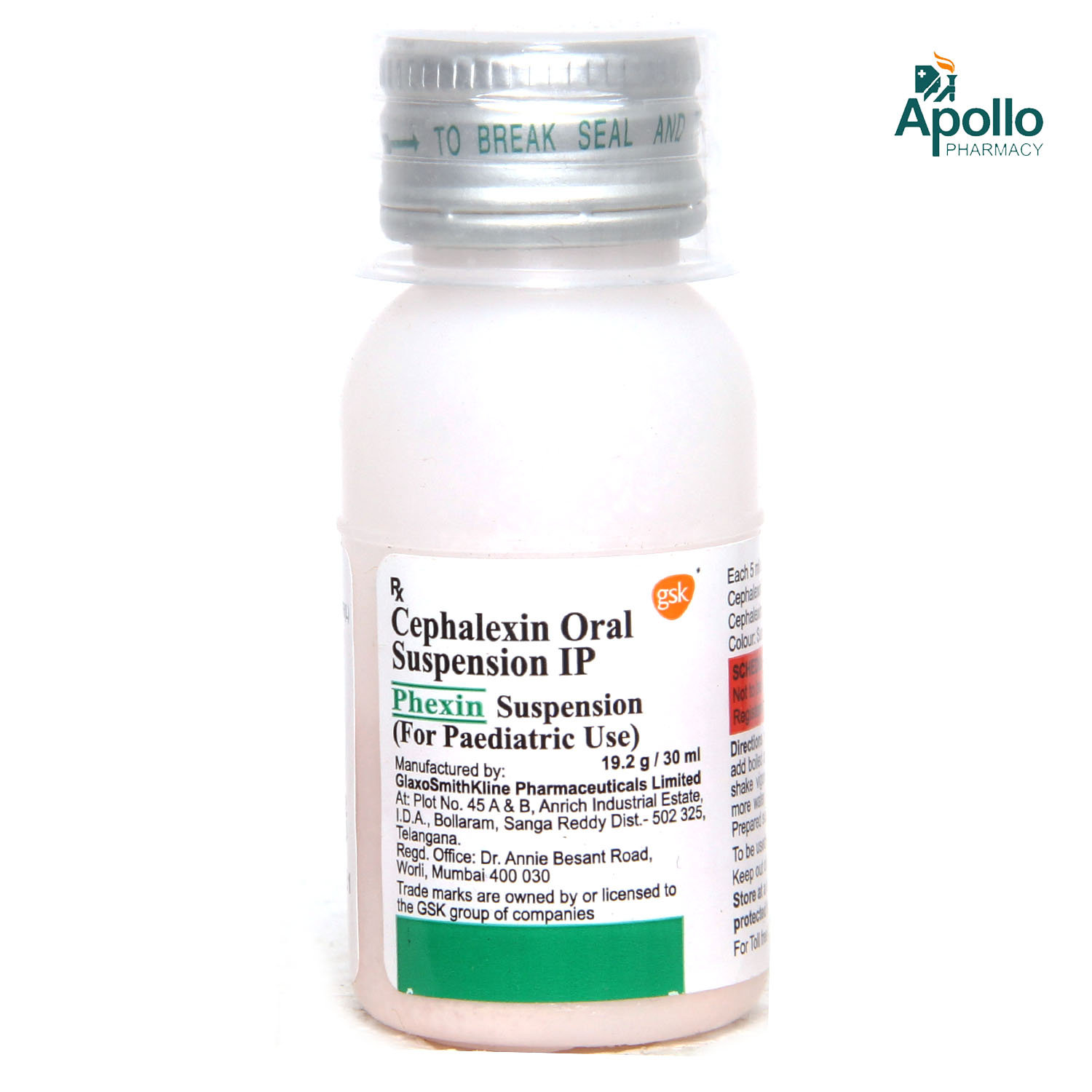Sporidex 250 mg Suspension 30 ml
MRP ₹58
(Inclusive of all Taxes)
₹7.0 Cashback (12%)
Extra 10% Off with Bank Offers
Provide Delivery Location
Non returnable*
COD available
Online payment accepted
 Prescription drug
Prescription drugWhats That
Composition :
CEFALEXIN-250MG
Manufacturer/Marketer :
Sun Pharmaceutical Industries Ltd
Consume Type :
Oral
Expires on or after :
Return Policy :
Not Returnable
All Substitutes & Brand Comparisons
RX
Phexin Suspension 30 ml
GlaxoSmithKline Pharmaceuticals Ltd
₹157.5
(₹4.73/ 1ml)
178% COSTLIERRX
Ceff Forte Premix Suspension 30 ml
Lupin Ltd
₹230
(₹6.9/ 1ml)
305% COSTLIER
FAQs

Have a query?
Buy Now
Add to Cart







